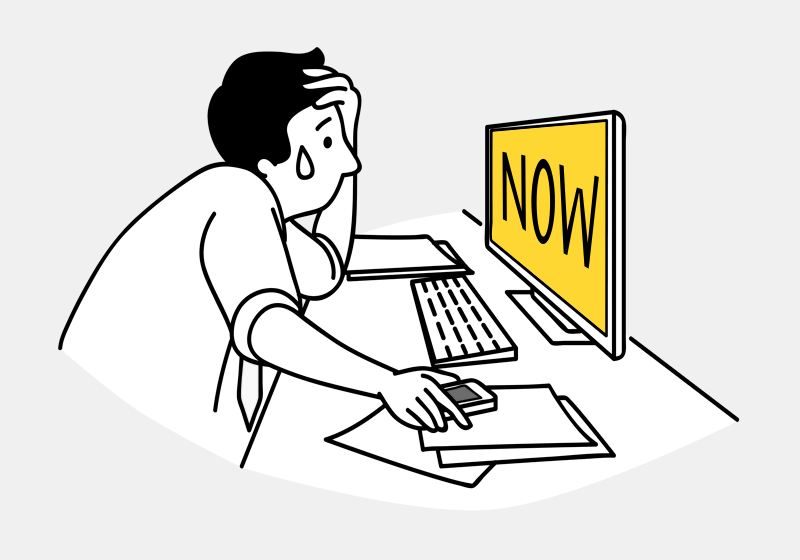When someone asks how you’re doing, is your answer something like “I’m dragging,†or “Man, I’m so busyâ€? If it is, you’re not alone. We know that Americans are over-worked and under-slept, so I don’t have to tell you that workplace stress is real and rampant. But workers around the world are more stressed than ever, according to a new Gallup report.
The State of the Global Workplace: 2022 reports that worldwide, more than 44% of workers say that they have a problem with daily stress at work. That’s a record high and up slightly from 43% in 2020, which was its own record at the time. (The U.S. and Canada are home to the world’s most stressed-out workers.)

Among workers surveyed, 60% report feeling “emotionally detached†while at work, and 19% consistently feel “miserable.†The report notes that these findings are concerning given that, on average, people spend a staggering 81,396 hours of their lives working. The only activity we spend more time doing is sleeping.
We could all use a chance to unplug and unwind, but here’s the rub: the weekend doesn’t always deliver. In fact, recovery from work tends to be the most difficult and elusive for those who need it most. “We call it the ‘recovery paradox,’†one psychologist tells Knowable magazine. “The odds are high that when a job is stressful, it’s difficult to have an excellent recovery.â€
The key, it seems is to up the quality of your free time. Developing new skills or devoting yourself to something can be helpful. A 2019 study found that people who achieved some sort of mastery during their off time were more energetic and enthusiastic the next morning.
Then there’s the process that psychologists call “detachment.†The benefits of tuning out when you’re off the clock became clear in a 2018 report involving more than 26,000 employees in various lines of work. The analysis found that detachment was a powerful buffer against work-related fatigue. The workers who left work thoughts at the office were less worn out than their colleagues. Of course, this makes me think of the show Severance, which took this idea to a whole other level. Perhaps, for now, all we can do is try to stay present when we’re not working and hope for the four-day workweek to catch on in more places.
Read the original article here


